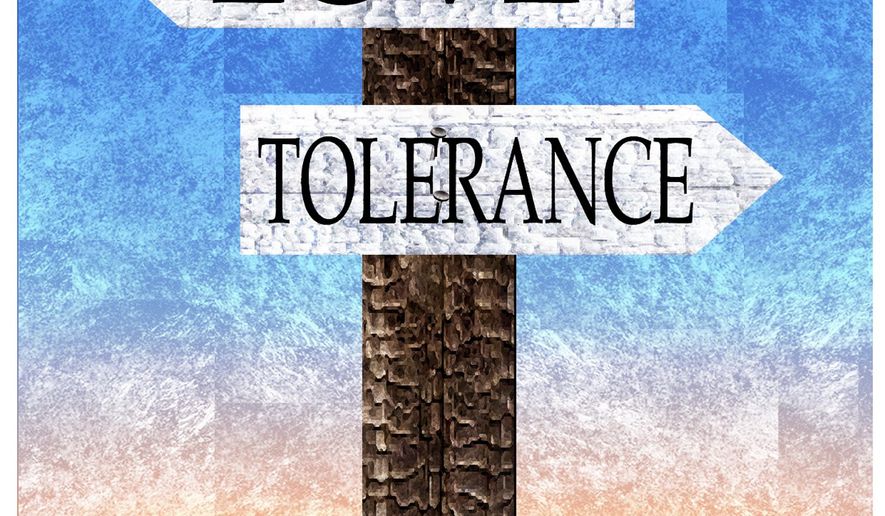OPINION:
This past week, Kevin Mannoia, who presently serves as the chaplain of Azusa Pacific University and who is the past president of the National Association of Evangelicals, testified before the California legislature in favor of Assembly Concurrent Resolution 99 (ACR 99).
This resolution calls for Christian “counselors, pastors, religious workers, educators” and all others “with great moral influence” to stop saying anything negative about LGBTQ choices and behavior. More directly, ACR 99 expressly condemns anyone who provides counsel to any client who wants to “convert” from an unwanted sexual lifestyle and, instead, live a life consistent with more than 2,000 years of Christian teaching.
Because Mr. Mannoia and I both share deep roots in the Wesleyan/Methodist tradition, many have written and asked for my perspective on this news. More specifically, some have asked, “Isn’t Mannoia right? Didn’t John Wesley, after all, call us to love above all else?
For those interested in this intramural debate, here’s my response.
First, it is true that Wesleyan/Methodists elevate love as evidence of God’s grace in our lives. Loving God and loving our neighbor, however, demands that we recognize sin is anathema to love, and love is anathema to sin. The very core of John Wesley’s message was that Christian obedience demands we love people enough to lead them to repentance and confession. Love is not synonymous with tolerance, and tolerance is not synonymous with love. Love cares deeply. Tolerance couldn’t care less. I didn’t send my wife an “I tolerate you” card on our anniversary and there’s a reason: It wouldn’t have ended well.
Second, the entire Wesleyan/Methodist movement was one that challenged the church’s compromise with and involvement in sin. Wesley was essentially saying, “You still may have orthodoxy, but you no longer have orthopraxy. You are not practicing what you preach.” He condemned the hypocrisy of separating belief from behavior. He called the church to obedience.
He constantly reminded us that our identity is in Christ, not in our desires or our passions. We can and should rise above those things that we “want to do.” No human being has to be defined by his base appetites and instincts. Wesley would shout from the pulpit, “You are the imago dei, my land, not the imago dog! Now, by God’s grace, act like it!”
Third, Wesleyan/Methodists have never watered-down Scriptural authority and certainly have never questioned the Bible’s clear definition of right and wrong. It was John Wesley himself who said, “Oh give me that book! At any price, give me the book of God Let me be a man of one book.” Faithful Wesleyans and Methodists have always been very clear about the “singularity” and the exclusivity of the non-negotiable truths of the Bible.
Again, Wesley made this very clear when he said “singularity” was the difference between heaven and hell. “You must be singular or be damned. The way to hell has nothing singular in it. The way to heaven has singularity written all over it. You must be singular or be damned.”
Fourth, Wesleyan/Methodists have long held to a formula that includes both charity and the essentials. One of Wesley’s most famous quotes is, “In the essentials unity in all else charity.” In calling for “charity,” however, Wesley, never intended to diminish the First Thing — the mandate to be unified around the essential authority of the Word. In fact, Wesley repeatedly preached that anyone who denied “the essentials” was guilty of compromising the unity of the church and was, therefore, guilty of being “almost Christian.”
Finally, Wesley knew that the church would only succeed if it had the courage to stand firm. We must run into the storm and not away from it. We must wave the banner of the Scriptural truth with the confidence that if we win — great that’s God’s grace — but if we lose, it doesn’t matter because the battle is paramount and we are willing to go down fighting. Selling our soul for the sake of government approval dishonors our mission, our message and our very reason to exist. If we become nothing but pale copies of the world around us, then why in the world would anyone want to buy what we are selling?
So, my message to any and all who are following this story of Mr. Mannoia’s endorsement of ACR 99 is this: Anything short of a unified stand for the essentials of our faith — for orthodoxy — will doom any and every Christian counselor, college, church, parishioner or spokesman to the ash heap of history. Compromise will be our demise. We will be “thrown out and trampled underfoot” by a culture that laughs at our irrelevance. We are supposed to preserve culture, not take part in its rot. We are supposed to shine a light on evil, not have a conversation about it. We are supposed to confront sin, not capitulate to it. May God help us if we have really come to the point where any Christian leader thinks that our salvation comes from negotiating with a world that hates our Lord and His Gospel.
There is no “middle way” with Christ. He is the only way.
• Everett Piper, the former president of Oklahoma Wesleyan University, is a columnist for The Washington Times and author of “Not A Day Care: The Devastating Consequences of Abandoning Truth” (Regnery 2017).




Please read our comment policy before commenting.